Related Research Articles
The International Revolutionary Marxist Centre was an international association of left-socialist parties. The member-parties rejected both mainstream social democracy and the Third International.

The Palestine Communist Party was a political party in the British Mandate of Palestine formed in 1923 through the merger of the Palestinian Communist Party and the Communist Party of Palestine. In 1924 the party was recognized as the Palestinian section of the Communist International. In its early years, the party was predominantly Jewish, but held an anti-Zionist position.

Michel Warschawski (Mikado) (Hebrew: מיכאל ורשבסקי (מיקאדו); born 25 July 1949) is an Israeli anti-Zionist activist. He led the Marxist Revolutionary Communist League (previously Matzpen-Jerusalem) until its demise in the 1990s, and founded the Alternative Information Center, a joint Palestinian-Israeli non-governmental organization, in 1984.
Mifleget Poale Zion VeHaHugim HaMarksistim beEretz Yisrael was the youth group of a faction of Poale Zion, the labour Zionist movement, in Mandate Palestine in the 1930s, which later merged into the Revolutionary Communist League. Tony Cliff, later the leader of the International Socialists, was a youthful member. It was linked to the Independent Labour Party in Britain, and affiliated to the London Bureau of socialist parties.
As an organized nationalist movement, Zionism is generally considered to have been founded by Theodor Herzl in 1897. However, the history of Zionism began earlier and is intertwined with Jewish history and Judaism. The organizations of Hovevei Zion, held as the forerunners of modern Zionist ideals, were responsible for the creation of 20 Jewish towns in Palestine between 1870 and 1897.
Socialist Workers Party was a political party in the British Mandate of Palestine from 1919–1922. Its followers were known as Mopsim.
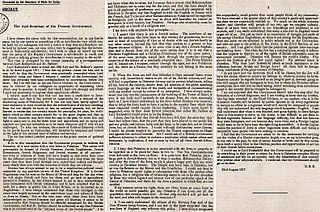
Anti-Zionism is opposition to Zionism. Although anti-Zionism is a heterogeneous phenomenon, all its proponents agree that the creation of the modern State of Israel, and the movement to create a sovereign Jewish state in the region of Palestine—the biblical Land of Israel—was flawed or unjust in some way.
Hapoel Hatzair was a Zionist group active in Palestine from 1905 until 1930. It was founded by A.D. Gordon, Yosef Aharonovich, Yosef Sprinzak and followed a non-Marxist, Zionist, socialist agenda. Hapoel Hatzair was a pacifist, anti-militarist group that sought to establish a Jewish foothold in Palestine through manual labor and agricultural settlement.

The common definition of Zionism was principally the endorsement of the Jewish people to return to their homeland, secondarily the claim that due to a lack of self-determination, this territory must be re-established as a Jewish state. Zionism was produced by various philosophers representing different approaches concerning the objective and path that Zionism should follow.
Jabra Nicola was a Palestinian Arab Israeli Trotskyist leader, the author of numerous articles and pamphlets who also translated some of the classics of Marxism into Arabic. Born in Haifa, he joined the Palestine Communist Party before he turned 20, and was responsible for its publication al-Ittihad.

Poale Zion was a movement of Marxist–Zionist Jewish workers founded in various cities of Poland, Europe and the Russian Empire at about the turn of the 20th century after the Bund rejected Zionism in 1901.
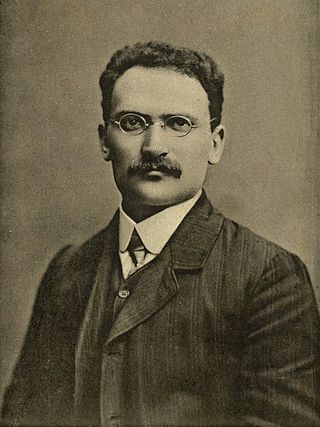
Dov Ber Borochov was a Marxist Zionist and one of the founders of the Labor Zionist movement. He was also a pioneer in the study of the Yiddish language.
Labor Zionism or socialist Zionism refers to the left-wing, socialist variation of Zionism. For many years, it was the most significant tendency among Zionists and Zionist organizations, and was seen as the Zionist sector of the historic Jewish labour movements of Eastern Europe and Central Europe, eventually developing local units in most countries with sizable Jewish populations. Unlike the "political Zionist" tendency founded by Theodor Herzl and advocated by Chaim Weizmann, Labor Zionists did not believe that a Jewish state would be created by simply appealing to the international community or to powerful nations such as the United Kingdom, Germany, or the former Ottoman Empire. Rather, they believed that a Jewish state could only be created through the efforts of the Jewish working class making aliyah to the Land of Israel and raising a country through the creation of a Labor Jewish society with rural kibbutzim and moshavim, and an urban Jewish Proletariat.
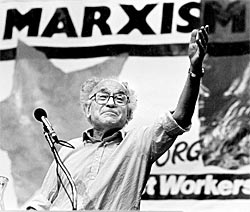
Tony Cliff was a Trotskyist activist. Born to a Jewish family in Ottoman Palestine, he moved to Britain in 1947 and by the end of the 1950s had assumed the pen name of Tony Cliff. A founding member of the Socialist Review Group, which became the International Socialists and then the Socialist Workers Party, in 1977 Cliff was effectively the leader of all three.
Moshé Machover is a mathematician, philosopher, and socialist activist, noted for his writings against Zionism. Born to a Jewish family in Tel Aviv, then part of the British Mandate of Palestine, Machover moved to Britain in 1968 where he became a naturalised citizen. He was a founder of Matzpen, the Israeli Socialist Organisation, in 1962.
The Revolutionary Communist Party was a British Trotskyist group, formed in 1944 and active until 1949, which published the newspaper Socialist Appeal and a theoretical journal, Workers International News. The party was the ancestor of the three main currents of British Trotskyism: Gerry Healy's Workers Revolutionary Party, Ted Grant's Militant tendency and Tony Cliff's Socialist Workers Party.
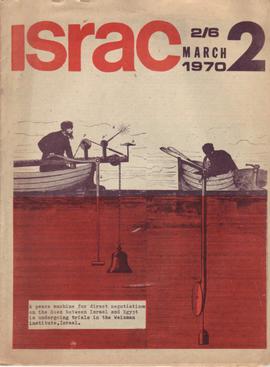
Matzpen is the name of a revolutionary socialist and anti-Zionist organisation, founded in Israel in 1962 which was active until the 1980s. Its official name was the Socialist Organisation in Israel, but it became better known as Matzpen after its monthly publication.

The Hashomer Hatzair Workers Party of Palestine was a Marxist-Zionist political party in the British Mandate of Palestine, connected to the Hashomer Hatzair movement.
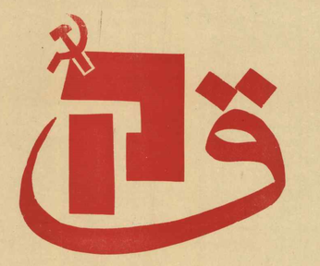
Maki was a communist political party in Israel.
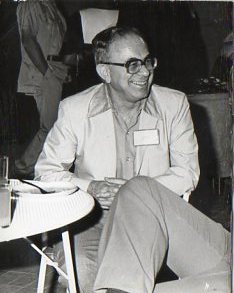
Gabriel Baer (1919-1982) was a German-born Israeli orientalist, an expert on the social history of the 18th and 19th-century Middle East, notably Egypt but also the Ottoman Empire. Baer was born on 13 January 1919 in Berlin, Germany. He died in Jerusalem, Israel, on September 22, 1982.
References
- ↑ A long extract from a 1948 edition, republished in Fourth International, can be found in "Arab-Jewish workers' joint struggles prior to the partition of Palestine" In Defence of Marxism . 2003. Citing The Reds: the Communist Party in Israel by S. Dotan 1991 p.498